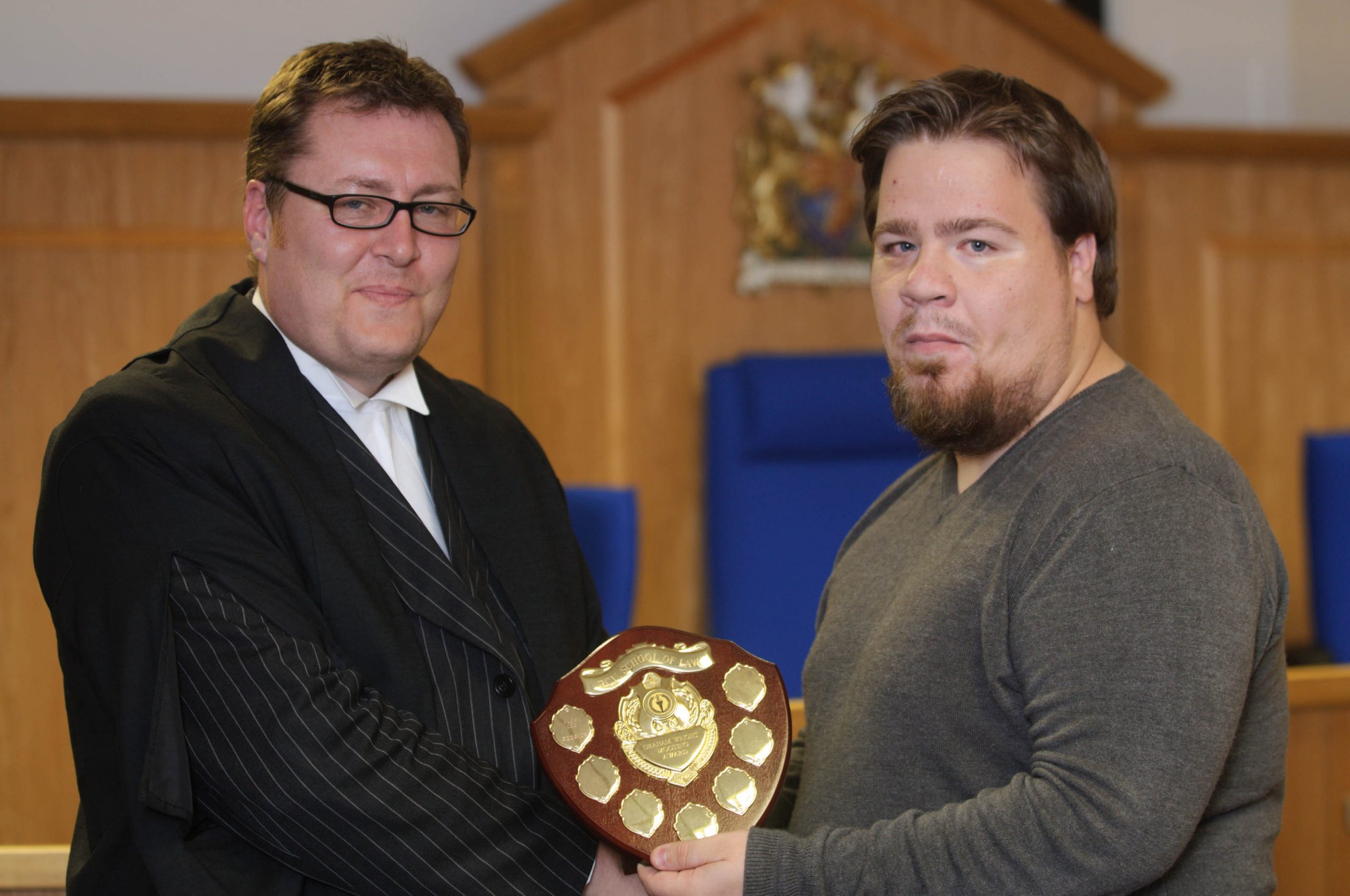
An Overview of Business Media – BLP Part 1
October 15, 2012
Mooting – Scripting
October 22, 2012Sooner or later we all have to do it… stand up in front of a room of people and speak, preferably coherently! For some, it is the reason we are training for the Bar; for others it is their worst nightmare. I would say, though, that for most of us it is still the thing that gives us butterflies, no matter how often we have done it or how much we have enjoyed it. You are not alone in feeling like that.
Almost without exception, the advocates that we have spoken to, from the most junior through to senior QCs and judges, all still get that fluttering and excitement before they start. The trick is that the successful ones have all learnt to control and use that nervous energy. So where do you start?
If you learn a script, you will lack conviction, sound stilted and be thrown utterly off track when the judge or tutor asks you questions.
[two_third_last]If you are preparing for your first advocacy class, you will probably have already been told not to script what you are going to say. We cannot emphasise this enough. It is advocacy 101, and the first thing to remember. If you learn a script, you will lack conviction, sound stilted and be thrown utterly off track when the judge or tutor asks you questions. Worse though, you will waste your first few classes worth of practice, and there often are not as many as you think on the course.
This isn’t to say that you should not prepare what you are going to say – of course this is important. You need a plan of areas, structure and key points that you want to highlight rather than a line-by-line script.[/two_third_last]
In civil advocacy it should be your skeleton argument that gives you this structure, allowing you to expand on the points it makes, but while maintaining the basic flow of thought and sensible order.
For criminal examination-in-chief sessions, a logical bullet point list of the facts as they occurred often gives good results, as it paints a logical story for the judge and jury to follow. Ensure you have any key details highlighted or starred so you know the main facts to get out of your witness – particularly the elements of the offence in question.
[one_third_last]
If you start in a strong and confident manner, any slips later will be less noticeable.
[/one_third_last]
It does, without a doubt, take a certain amount of confidence to stand up without having learnt what you are about to say off by heart. Similarly, there are sections that you may well wish to script beforehand in order to make a strong impression at a particular point – for example, your first sentence or two, and your closing few sentences or points. If you start in a strong and confident manner, any slips later will be less noticeable. Start off weakly and you will struggle to regain confidence and to improve on the first impression you have created.
If you can master the art of thinking on your feet as early in the process as possible, the rest of the year will feel that bit easier, and you never know, may even prove fun!
As a brief side note – do take advantage of any extra-curricular opportunities to practise your advocacy as well. Whether this is through workshops with friends, competitions at your provider, or workshops and competitions at your Inn, they are absolutely invaluable opportunities to help you build upon the basic skills you learn on the course in front of new people (and often away from the slightly intimidating video camera poised in the corner of the classroom!)





